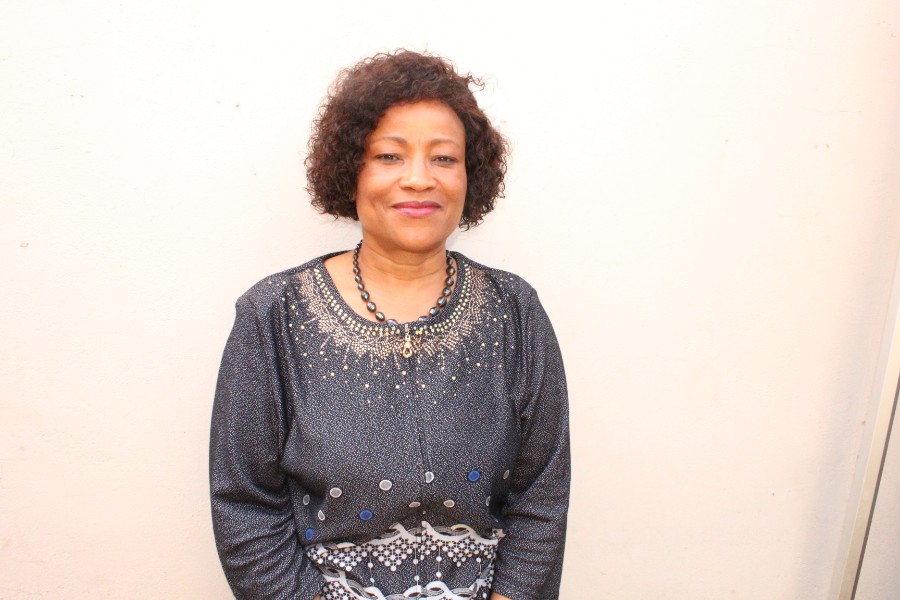By Lynette Manzini
Fredrich-Ebert-Stiftung (FES) Zimbabwe has pledged to intensify its initiatives to combat sexual harassment and discrimination against women and to advance women’s political involvement.
Women make up 52% of the population, according to data published by Zimstats in July 2022.
43 years after independence, women are still underrepresented in politics as candidates and decision-makers, despite making up the bulk of the population. The underrepresentation is visible in political parties, parliament and cabinet.
Women’s advocacy organizations have blamed the low level of female political involvement on physical violence, sexual harassment, a lack of financial resources, a lack of ability and confidence compared to their male peers, and the patriarchal nature of the environment.
Women who are courageous enough to challenge the status quo or engage in politics are frequently referred to as whores or have their personal lives used against them in political campaigns.
Both online and offline venues are used to harm women who work in politics.
Despite the 60 seats in parliament allocated through proportional representation in the 2013 constitution, fewer women have been voted in direct elections.
FES Pledges Support
Speaking during the Partners’ New Year Reception, the FES Resident Representative Thilo Schöne expressed the organization’s dedication towards political participation of women.
“Very importantly, we will increase our activities concerning women’s participation in politics as well as assisting towards freeing the public space of discrimination or sexual harassment,” said Schöne.
In the months leading up to the 2018 election, both men and women online made fun of Fadzayi Mahere, an independent candidate for the Mount Pleasant Constituency.
Most recently, while supporting a friend in Insiziba, member of parliament for Bulawayo Metropolitan Hon. Jasmine Toffa was assaulted alongside other party members. Hon Toffa suffered fractures to his wrists, arms, and ribs, but nobody has been charged with the assault as of yet.
As a consequence, violence against female legislators and other politicians deters women from participating.
Furthermore, Schöne expressed pleasure in continuing with the youth leadership program.
“I am pleased to report that this year we are contributing our youth leadership training program which is particular in its value-based approach, interactive methods and long-term learning impact,” he said.
In a bid to encourage respect and tolerance, the youth leadership program attracts youths from across the political divide, civil society organization and trade unions.



